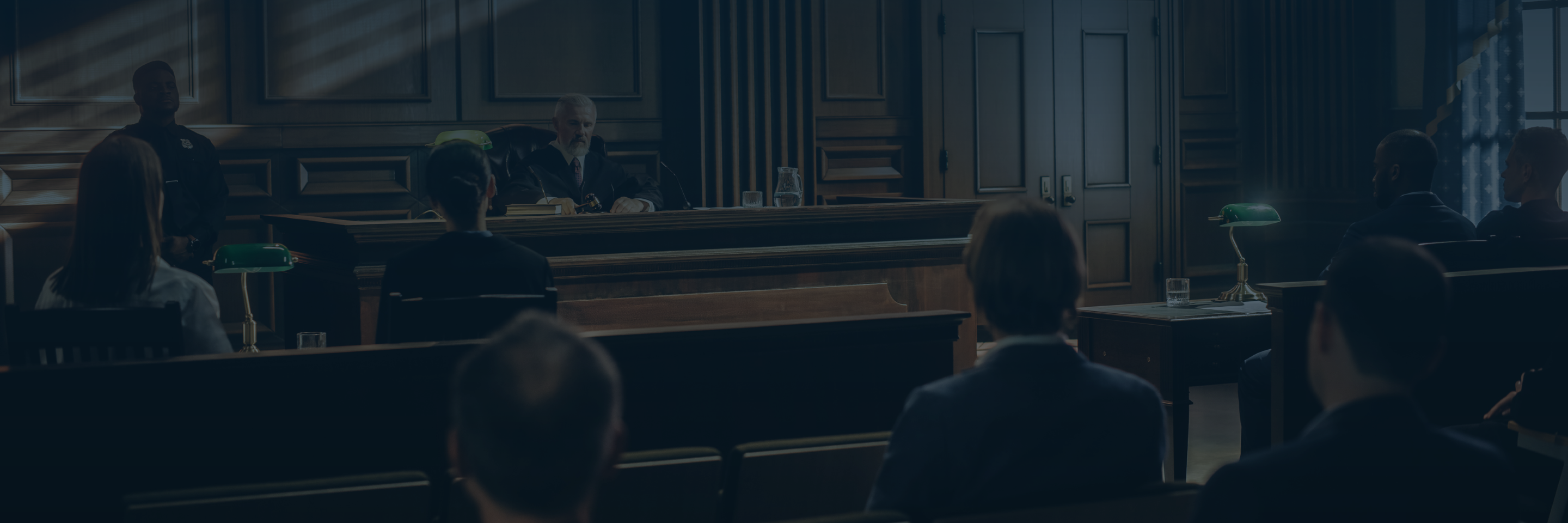Written By: William Harding and Nicole Fielding, Student-at-Law
It is an essential principle of tort law that an injured plaintiff be returned to the position they would have been in had their injury not occurred. However, a recent Court of Appeal decision may make this task more complicated within Ontario’s auto insurance compensation scheme.
The interplay between tort damage awards and statutory accident benefits (“SABS”) has been the source of constant debate within Ontario’s courts over past decades. The rule against double recovery, which states that an injured plaintiff shall not recover more by way of damages than the amount of his or her loss, is often at the root of these debates.
Two approaches have been developing in case law with regard to deductibility of statutory accident benefits from tort awards. One, the “strict matching” approach, requires the matching of accident benefits to identical heads of tort damages. The other, a “silo” approach, requires the tort award only match generally with a broader corresponding statutory accident benefits category.
The Court of Appeal has ruled that accident benefits should be deducted from tort damages using the “silo” approach, rather than a strict matching (“apples-to-apples”) approach. This approach has been deemed to apply to deductibility as well as the assignment of no-fault benefits.
Cadieux v Cloutier, 2018 ONCA 903
This appeal revolved around an incident which occurred in September 2006, in which pedestrians Chad Cadieux and Eric Saywell were involved in an altercation near the side of the road. Mr. Saywell pushed Mr. Cadieux into the direction of the road, from which Mr. Cadieux stumbled onto the road, and was hit by an oncoming truck driven by Mr. Cloutier.
Prior to trial, the Plaintiff, Mr. Cadieux, settled his SABs claim with his no-fault insurer, Aviva, and settled his tort claim against the Defendant truck driver, Mr. Cloutier. At trial, liability was apportioned at 1/3 contributory negligence for Mr. Cadieux, 1/3 negligence of Mr. Saywell, and 1/3 to the truck driver who hit Mr. Cadieux on the road. The jury awarded damages in excess of 2.3 million against the Defendant, Mr. Saywell.
At trial, the issue came up with regard to deduction of accident benefits from the jury award for future care costs of an ABI support worker. All parties agreed that the ABI worker was not for attendant care. The Plaintiff argued that, using the strict matching approach, only the SABS settlement for medical/rehabilitation benefits should be deducted, as opposed to the portion of the SABS settlement for attendant care. The Defendant argued that, using the silo approach, both medical/rehabilitation and attendant care benefits were “health care” expenses, and should be deducted from the jury award for future care costs. The trial judge favoured the “silo” approach and allowed the deduction of both medical/rehabilitation benefits and attendant care benefits from the award for future care costs.
This decision has since been upheld by a five-panel judge at the Court of Appeal. The Court of Appeal held that the silo approach was the correct approach to apply, and consequently, the trial judge did not err in deducting the accident benefits received for both medical and rehabilitation benefits and attendant care benefits from the jury award. Another important holding from the Court of Appeal was that there is no basis for distinguishing past and future accident benefits, and they should be combined into each silo before deduction.
What Does This Mean?
This lengthy and complex decision represents a shift in our courts to favouring the silo approach when deducting SABS from tort awards. The three broad, general categories are:
- Income replacement
- Health care
- Other non-pecuniary loss
This shift may create further challenges in obtaining fair settlements for injured plaintiffs, and will be closely followed by Plaintiff lawyers to watch how this approach is dealt with in future cases.






